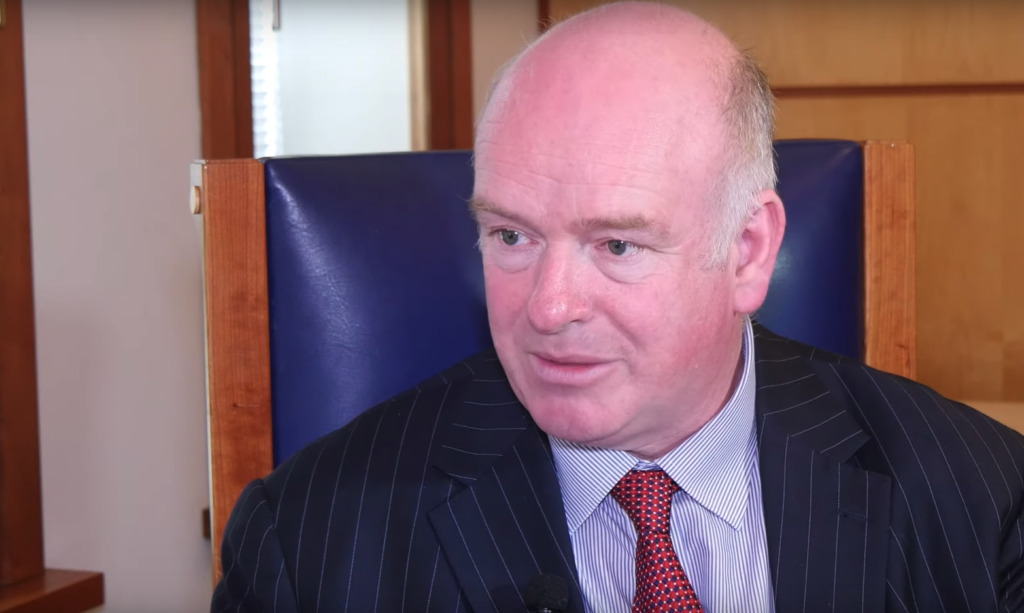Isle of Man finally pardons queer men cruelly convicted under historic anti-gay sex laws

Isle of Man finally pardons gay men cruelly convicted under historic sex laws (Mike Kemp/In Pictures via Getty Images)
The Isle of Man has finally granted pardons to queer men who were convicted under historic sex laws before they were changed in 1992.
Anyone cautioned or convicted of “homosexual activity”, including those who have since died, will be automatically pardoned from Thursday (30 June).
Those affected, however, will have to apply to the Department of Home Affairs to have any previous conviction completely removed from their record.
The Isle of Man’s minister for justice and home affairs, Jane Poole-Wilson, said: “I hope that these automatic pardons will help to address at least some of the hurt caused by our historical laws.
“Our society has progressed and become much more inclusive and tolerant than when these discriminatory laws were in place, but we still have work to do to protect everyone in our community.”
Despite England and Wales partially decriminalising homosexuality in 1967, the Isle of Man did not follow suit until 1992.

Howard Quayle formally apologised to gay men convicted under the former laws in 2020 (Isle of Man TV/ YouTube)
The pardons come after the Isle of Man’s then chief minister Howard Quayle gave a formal apology in 2020 to those convicted, calling the former law “incomprehensible”.
Speaking in Tynwald, the Island’s parliament, he said: “It now seems incomprehensible… that there was a time when consensual sexual activity between men in the privacy of their own homes was seen as a criminal activity, warranting raids, searches and prosecution.
“We will never know the hurt our past laws may have inflicted on our own people. How many suffered; how many perhaps took their own lives and how many left their island never to return.”
Alan Shea, a gay rights campaigner who demanded an end to the homosexuality ban in the Isle of Man, told ITV News: “They should be sent a letter today, saying that we have cleared this from your permanent record and that would make life a lot easier.
“Because now they may have to apply, that means raking up the past, people that never knew their past history, it’s getting complicated.”
The pardons will not apply to convictions that are still considered a crime, including sexual assault or sex with someone under the age of 16.
Since 2012, people in England and Wales have been able to apply to have historical same-sex sexual cautions and convictions disregarded. Turing’s Law, passed in 2017 and named for WWII codebreaker Alan Turing, granted posthumous pardons to others convicted of sexual acts that are no longer deemed criminal.
In January 2022 it was announced that the scheme would be expanded after criticism of its narrow scope.

